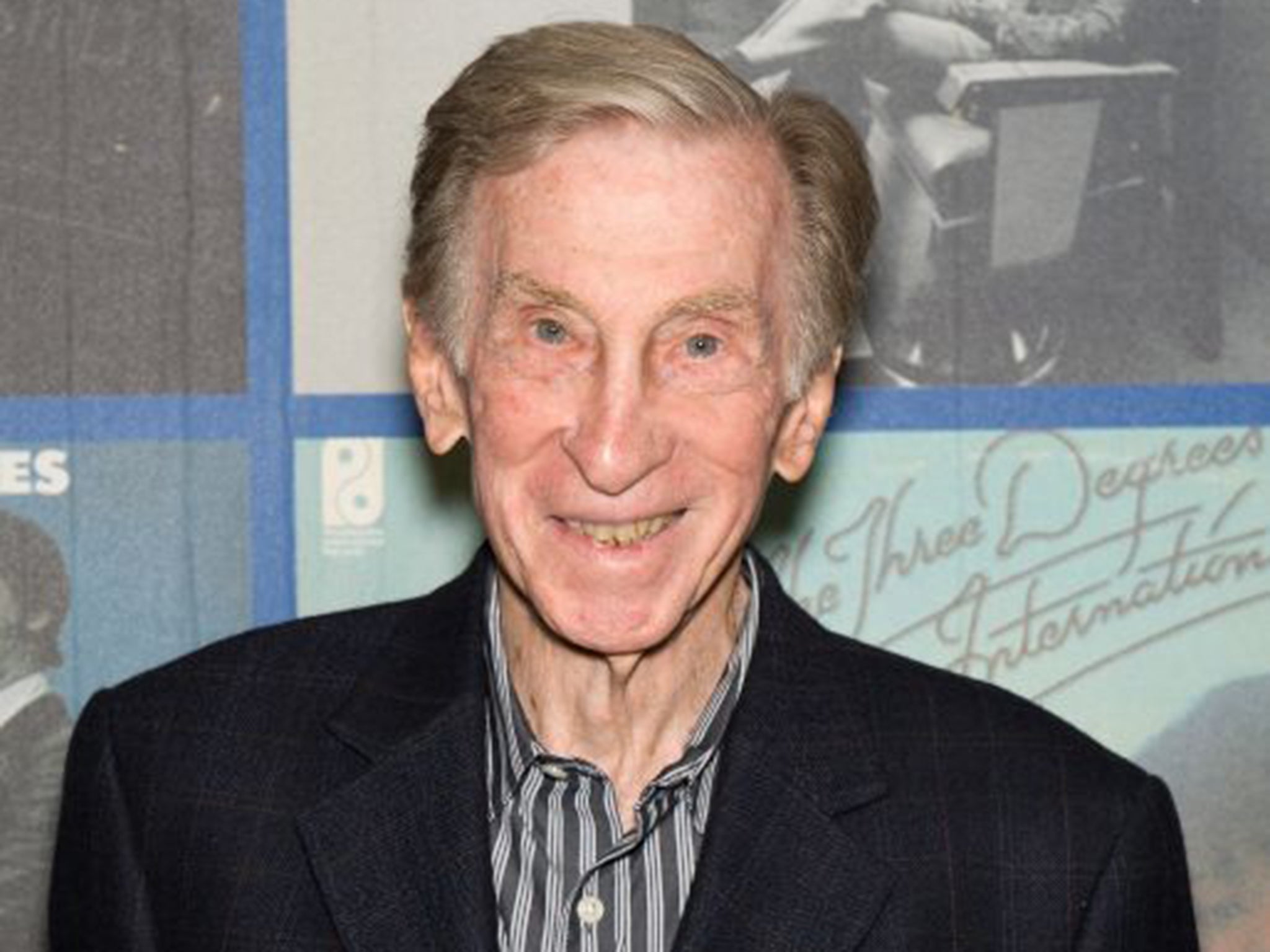Dave Appell: Songwriter, arranger and producer who wrote ‘Let’s Twist Again’ and produced ‘Tie A Yellow Ribbon’

During the 1950s, jazz fans hated the advent of rock’n’roll and thought the performers lacked any creditable musicianship, but in reality many experienced musicians with jazz backgrounds were working with the new sounds. One was Dave Appell, a significant background figure who wrote, arranged and produced many records for the Cameo-Parkway label. His most important copyright is Chubby Checker’s “Let’s Twist Again” (1961), a staple of oldies radio stations and a “must have” for any twist scene on a film soundtrack.
He was born in the Fishtown neighbourhood of Philadelphia in 1922 and, starting with the ukulele, showed musical promise. During the war he played trombone in a naval band then after being discharged wrote arrangements for Benny Carter, Earl “Fatha” Hines and Jimmie Lunceford.
Forming the Dave Appell Trio, he recorded for Decca, then expanded the unit to the Dave Appell Four. They recorded an early Jerry Leiber and Mike Stoller song, “Brother Bill (The Last Clean Shirt)”, an unlikely song about the death of a drug addict. Changing the name of the group to the Applejacks they recorded Appell’s “Smarter” in 1954. His co-writer, Max C Freedman, had his name on “Rock Around The Clock”.
Dave Appell, now on guitar, played with the Applejacks on the soundtrack of Don’t Knock The Rock (1956), although they were upstaged by Little Richard and Bill Haley. They became the first beat group to play Las Vegas and were also the regular studio band for The Ernie Kovacs Show.
When Kal Mann and Bernie Lowe formed Cameo-Parkway records they recruited Appell to lead the studio band. The label quickly had gold records with “Butterfly” and “Fabulous” (both for Charlie Gracie) and “Dinner With Drac” (the first example of horror rock, recorded by TV host John Zacherle). The Applejacks had success with the novelty instrumentals “Mexican Hat Rock” and “Rocka Conga”.
The label hit the big time with Chubby Checker’s “The Twist” (1960) and Appell spent most of his time on dance records, co-writing “Let’s Twist Again” and “Limbo Rock” (Chubby Checker), “Wild One” (Bobby Rydell), “Bristol Stomp” (Dovells), “Gravy” (Dee Dee Sharp) and “The Wah-Watusi” (Orlons). Though these songs are usually attributed to Mann and Appell, in truth the main composers were often dead songwriters whose work was conveniently out of copyright: for example, the Orlons’ “South Street” is Stephen Foster’s “Camptown Races” with silly lyrics. In 1962 they were sued over “Mashed Potato Time” (Dee Dee Sharp), which was too obviously close to the Motown song “Please Mr Postman”.
Appell left the label in 1964 and worked with Hank Medress of the Tokens. They produced some of Dawn’s biggest hits including “Knock Three Times” (1971) and “Tie A Yellow Ribbon ’Round The Old Oak Tree” (1973). Appell produced Mac Davis and Frankie Valli and in later years ran a recording studio in Cherry Hill, New Jersey, as well as writing music for television dramas.
David Leon Appell, musician: born Philadelphia 24 March 1922; married (two daughters); died New Jersey 18 November 2014.
Subscribe to Independent Premium to bookmark this article
Want to bookmark your favourite articles and stories to read or reference later? Start your Independent Premium subscription today.

Join our commenting forum
Join thought-provoking conversations, follow other Independent readers and see their replies